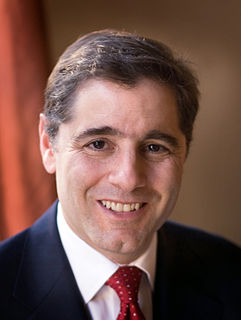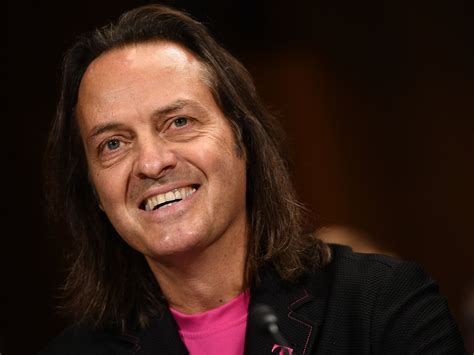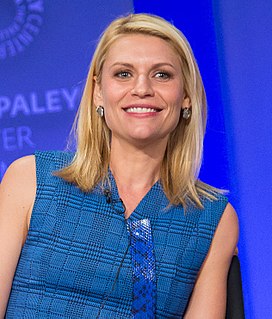A Quote by Erik Larson
For 'Thunderstruck', I discarded about a dozen ideas. And then one afternoon, I was thinking about wireless. I don't know why. I guess because it's become so ubiquitous. I was thinking that maybe there's something I could do about the origin of wireless, so I did what any self-respecting person does these days: I Googled 'wireless.'
Related Quotes
This years keynote session is a clear reminder that wireless data technology is expanding its reach beyond that of an alternative to wireline telephony. We have gathered an exclusive group of business leaders to share how wireless is being integrated into their companys business strategies and what it means for their bottom lines. The presence of these telecom, media and entertainment giants on our center stage is a great indicator of the impact wireless data has made on countless industries.
WhatsApp is both disrupting and demonetizing the entire wireless industry, and now the Facebook acquisition provides the infrastructure needed for WhatsApp to begin offering voice calls. So instead of people paying on average $80 per month, users only have to pay $0.99 per year for the same services. Wireless carriers, beware.
It was right then that I started thinking about Thomas Jefferson on the Declaration of Independence and the part about our right to life, liberty, and the pursuit of happiness. And I remember thinking how did he know to put the pursuit part in there? That maybe happiness is something that we can only pursue and maybe we can actually never have it. No matter what. How did he know that?
If a person was accused of being a racist when he was young - he said some racially insensitive thing or someone had him on tape calling someone the n-word or whatever - and then you fast forward and he feels, Oh, back then I didn't say this or that. He's not thinking about the person that he hurt when he said what he said, or however it came out, or the effects that it could have had. He's not thinking about it. He's thinking about his own self and how he feels.
Some people spend their entire lives thinking about one particular famous person. They pick one person who's famous, and they dwell on him or her. They devote almost their entire consciousness to thinking about this person they've never even met, or maybe met once. If you ask any famous person about the kind of mail they get, you'll find that almost every one of them has at least one person who's obsessed with them and writes constantly. It feels so strange to think that someone is spending their whole time thinking about you.
In Pakistan, many of the young people read novels because in the novels, not just my novels but the novels of many other Pakistani writers, they encounter ideas, notions, ways of thinking about the world, thinking about their society that are different. And fiction functions in a countercultural way as it does in America and certainly as it did in the, you know, '60s.



































